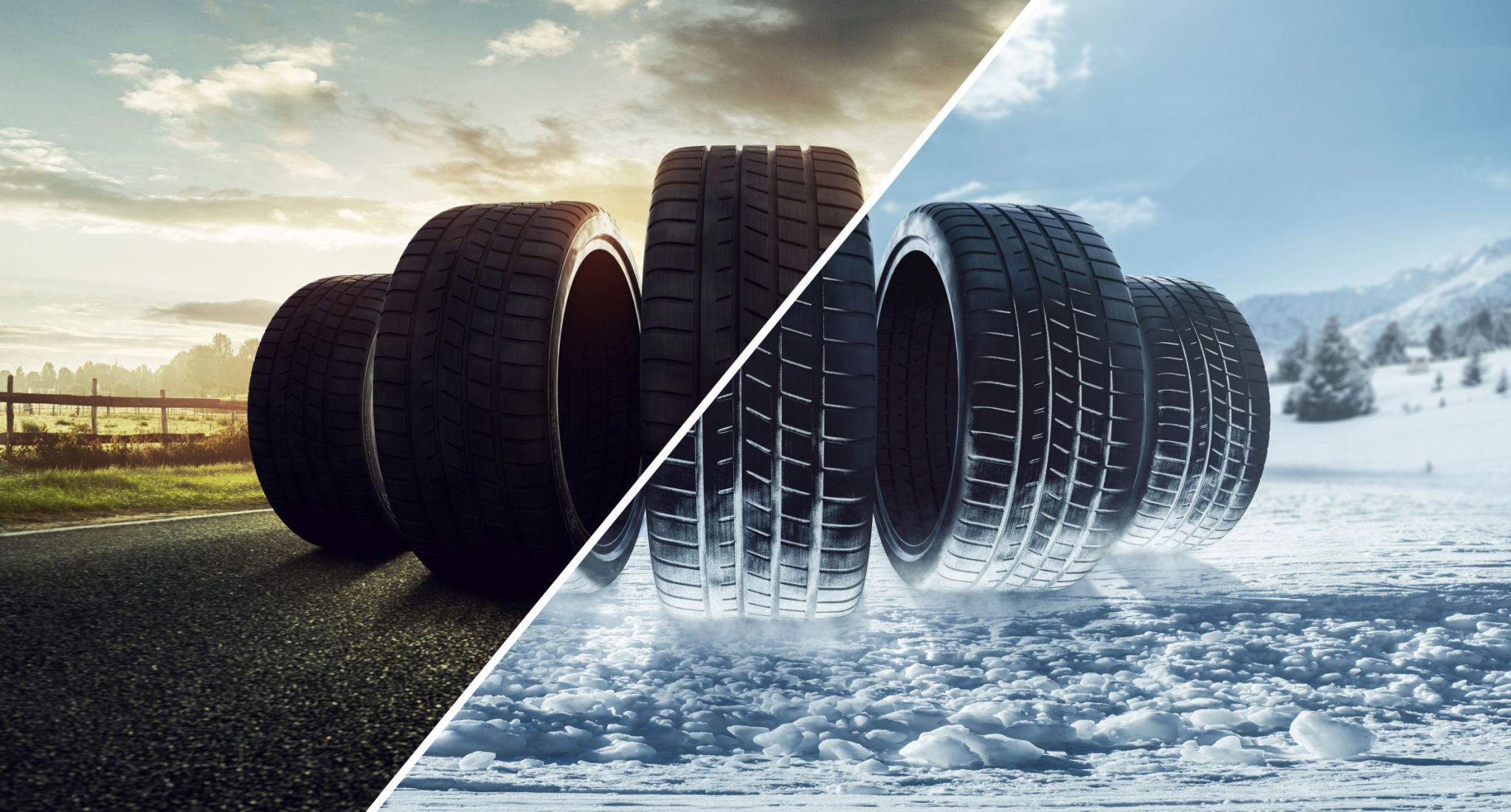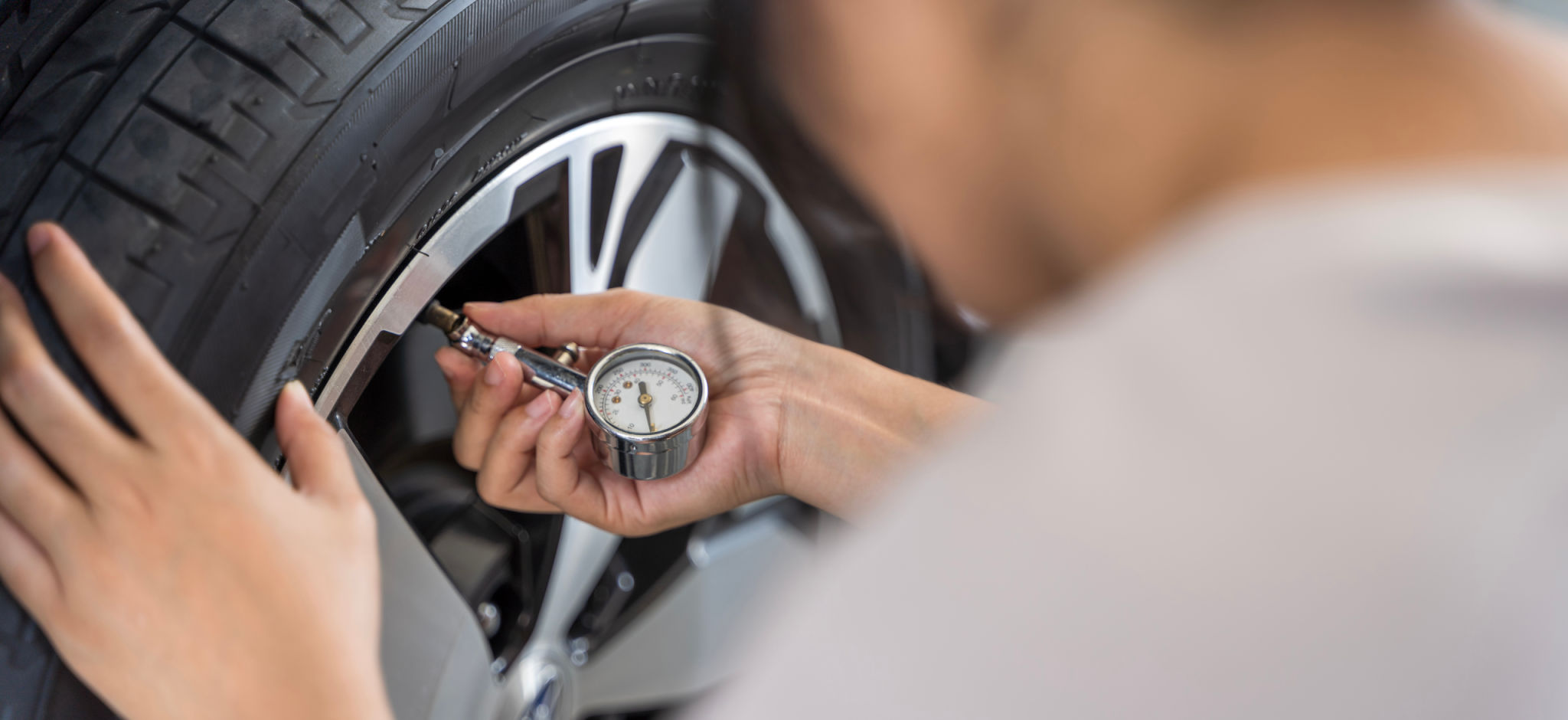Debunking Common Myths About Tire Lifespan in Harsh Climates
Understanding Tire Lifespan in Extreme Conditions
Many drivers often worry about the effects that harsh climates might have on their tires. While it's true that extreme temperatures can impact tire performance, several myths persist about how long tires can actually last under these conditions. It's time to debunk these common misconceptions and provide clarity for drivers navigating through extreme weather.

Myth 1: All-Season Tires Are Suitable for Every Climate
One prevalent myth is that all-season tires are designed to handle any type of weather. However, this is not entirely accurate. While they provide acceptable performance in moderate conditions, they aren't always the best choice for extreme climates. In regions with severe winters or scorching summers, specialized tires such as winter or summer tires are recommended to ensure safety and longevity.
Myth 2: Temperature Fluctuations Have a Minimal Impact
Another common misconception is that temperature changes don't significantly affect tire lifespan. In reality, temperature fluctuations can lead to increased wear and tear on tires. Cold weather can cause tires to become brittle, while excessive heat can lead to overinflation or blowouts. Regularly checking tire pressure and ensuring proper inflation can mitigate these risks.

The Influence of Road Conditions
Harsh climates often come with challenging road conditions, such as ice, snow, or intense heat from sun-baked asphalt. These conditions can accelerate tire degradation if not properly managed. Drivers should be aware that choosing the right tire for their specific environment is crucial to maintaining tire health.
Myth 3: Tread Depth Is the Only Indicator of Tire Health
While tread depth is vital for ensuring traction, it's not the sole indicator of a tire's health. Other factors, such as sidewall integrity and rubber quality, are equally important. It's advisable to conduct regular visual inspections and seek professional evaluations to catch any early signs of damage or wear beyond tread depth.

Myth 4: Rotating Tires Is Unnecessary in Harsh Climates
Some drivers believe that rotating tires isn't necessary when faced with harsh climates. On the contrary, regular tire rotation helps distribute wear evenly across all tires, extending their lifespan. This practice is especially important in extreme environments where uneven wear can be exacerbated by challenging road conditions.
Practical Tips for Extending Tire Lifespan
To ensure your tires last as long as possible in harsh climates, consider implementing these practical strategies:
- Regular Maintenance: Schedule consistent tire checks and maintenance to catch potential issues early.
- Invest in Quality Tires: Choose tires that are specifically designed for your climate's demands.
- Monitor Tire Pressure: Keep an eye on tire pressure to prevent uneven wear and potential blowouts.
By debunking these myths and understanding the realities of tire care in extreme conditions, drivers can make informed decisions that enhance both safety and performance on the road.
